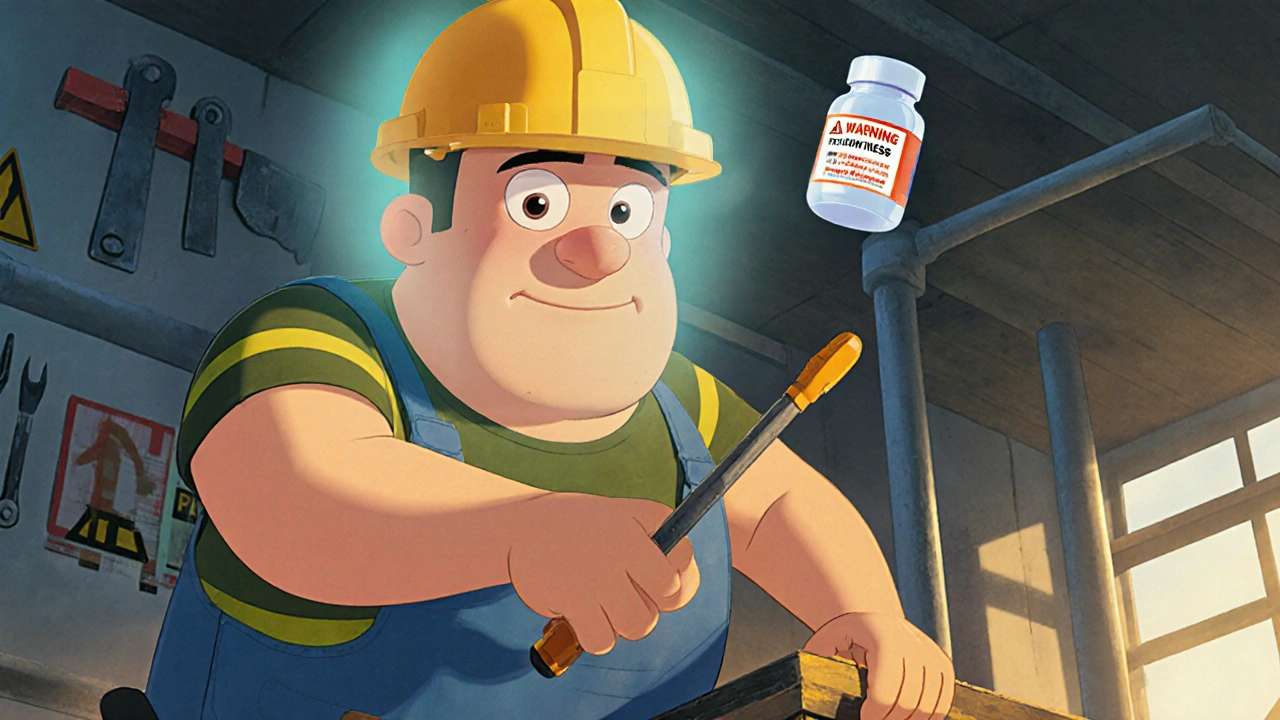Non-Drowsy Allergy Meds: Effective Relief Without the Sleepiness
When your nose runs, your eyes itch, and your sinuses feel stuffed up, you don’t need to choose between relief and being able to function. Non-drowsy allergy meds, a category of antihistamines designed to block allergy triggers without causing drowsiness. Also known as second-generation antihistamines, they’re the go-to for people who need to stay sharp at work, drive safely, or keep up with kids without feeling wiped out. Unlike older antihistamines like diphenhydramine, which knock you out by crossing into your brain, these newer options stick to your bloodstream and target allergy receptors in your nose and eyes—leaving your mind clear.
Three names come up again and again in real-world use: loratadine, a once-daily pill that’s been a staple for over 20 years and works well for seasonal pollen and pet dander, cetirizine, slightly stronger for some people, especially with hives or skin reactions, and works fast, and fexofenadine, the least likely to cause even mild sleepiness, ideal if you’re sensitive to side effects. They’re all available over the counter, cheap, and backed by decades of use. You won’t find them in the same posts as sedating drugs like Benadryl or hydroxyzine, because the whole point is to avoid those risks. The key difference? Non-drowsy meds don’t mess with your central nervous system the way first-generation ones do—no grogginess, no brain fog, no risky combos with alcohol or painkillers.
But they’re not magic. If your allergies are severe or you’re dealing with chronic nasal congestion, you might need more than just an antihistamine. Nasal sprays, eye drops, or even allergy shots might be part of the picture. Still, for most people, a non-drowsy antihistamine is the first and best step. You’ll see posts here that compare these meds side-by-side, explain why some work better for certain symptoms, and warn you about sneaky interactions—even if they’re labeled "non-drowsy," they can still affect you differently based on your age, liver health, or other meds you take. There’s no one-size-fits-all, but with the right info, you can find the one that lets you breathe easy without hitting the snooze button.

